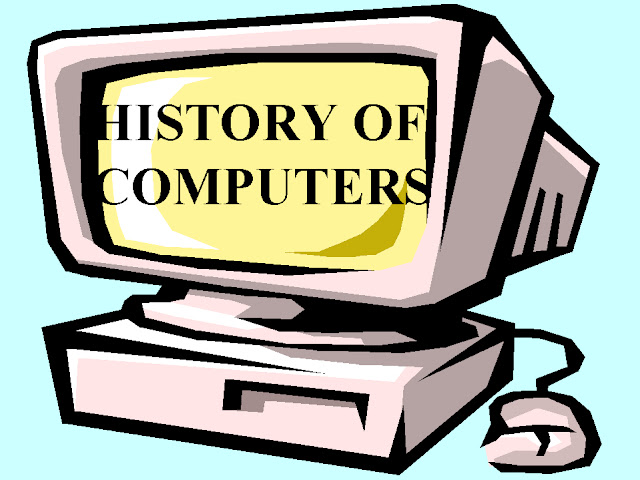The History and Development of Computers
Computers have become an integral part of our daily lives, revolutionizing various aspects of society. From their humble beginnings to the present day, computers have undergone remarkable advancements. In this article, we will delve into the fascinating history and development of computers.
 | |
|
1. The Early Origins:
The roots of computer technology can be traced back to ancient times. The abacus, invented in Mesopotamia around 2500 BCE, was the earliest known calculating device. However, it wasn't until the 19th century that significant breakthroughs in computer technology began to emerge.
2. The Mechanical Computers:
The first mechanical computer, known as the Analytical Engine, was conceptualized by Charles Babbage in the early 1800s. Although it was never fully built, Babbage's designs laid the foundation for future computer development. Later, in the late 19th and early 20th centuries, pioneers like Herman Hollerith and Konrad Zuse introduced mechanical computers for specific purposes, such as data processing and calculations.
3. The Electronic Era:
The true evolution of computers began in the mid-20th century with the advent of electronic computers. The Electronic Numerical Integrator and Computer (ENIAC), developed during World War II, marked a significant milestone. ENIAC was the world's first general-purpose electronic computer and introduced the concept of programmability.
4. Transistors and Integrated Circuits:
In the late 1940s, the invention of the transistor by Bell Labs revolutionized the computer industry. Transistors replaced bulky vacuum tubes, making computers smaller, faster, and more reliable. This breakthrough paved the way for the development of integrated circuits, which further enhanced the processing power and efficiency of computers.
5. Personal Computers:
The introduction of the microprocessor in the early 1970s marked another major turning point in computer history. Microprocessors combined the central processing unit (CPU) onto a single chip, making computers more accessible and affordable. This led to the rise of personal computers (PCs) and ignited the era of home computing.
6. The Internet and Beyond:
The invention of the Internet in the late 20th century brought about a revolutionary change in how computers were used. The Internet connected computers worldwide, enabling global communication, information sharing, and the birth of the World Wide Web. This development paved the way for e-commerce, social media, cloud computing, and other transformative technologies that shape our modern world.
Conclusion:
The history of computers is a testament to human ingenuity and innovation. From the abacus to the modern-day supercomputers, computers have come a long way. They have become indispensable tools in various domains, including business, education, healthcare, and entertainment. As technology continues to advance, the future of computers holds endless possibilities, promising even more remarkable developments that will shape our world.
Join the conversation